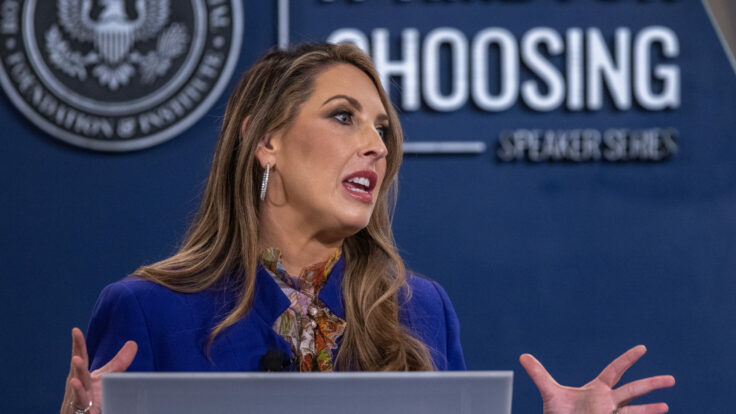Two weeks ago, Washington Post reporter Felicia Sonmez filed a lawsuit against her employer, alleging discrimination against her based on her gender and being a survivor of sexual assault. If you’re not familiar with the case, here’s a quick summary: In 2018, as the #MeToo movement was sweeping America, Sonmez was the second woman to allege that Jonathan Kaiman, the Los Angeles Times bureau chief in Beijing, had engaged in sexual misconduct. (Kaiman denied the allegations, and said of both accusations, “all acts we engaged in were mutually consensual.” He resigned amid the L.A. Times’ investigation.) The Post later determined that her outspokenness on the issue and her personal experience presented a conflict of interest that should prevent her from reporting on stories that pertained to sexual misconduct, like the controversy surrounding the confirmation of Supreme Court Justice Brett Kavanaugh.
Then, on the day basketball legend Kobe Bryant and his daughter were tragically killed in a helicopter crash, Sonmez tweeted out a link to a story about how Bryant had been accused of sexual assault, a case Bryant settled. In response, Sonmez was deluged with death and rape threats. The Post suspended her, only reversing the decision after a public outcry from the Post’s union and hundreds of Sonmez’s colleagues. It took another year for the newspaper to end its ban on Sonmez covering sexual assault.

















